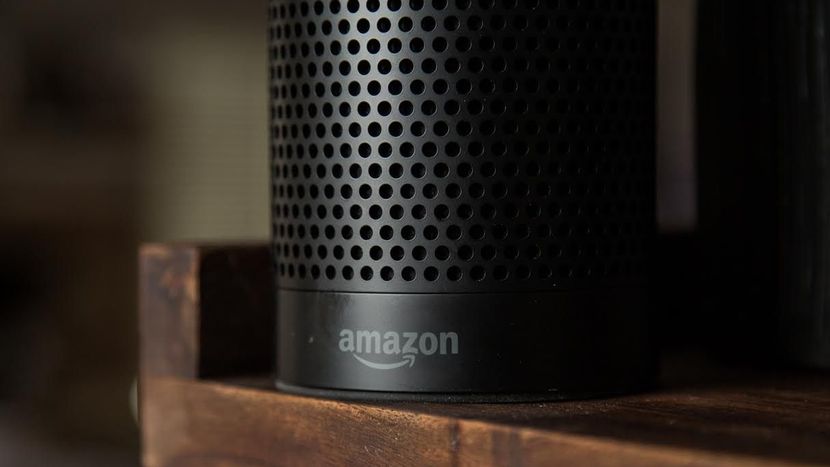
Do you own a smart speaker? If you answered no, you need to get one into your life. Over the last two years, I’ve been using technology in a very different way. What’s interesting to me is the way that people respond to my technology. For example, no one believes that there is value with an Apple Watch. (I shouldn’t say “no one”, but I get this question a lot.) I would even argue that I felt indifferent about the technology before I was convinced to buy it. Where am I going with this? It’s hard to explain to someone what value technology will be to them because it’s different for everyone. You have to use the technology yourself before you can figure out the niche reason that you want it. How I use my Apple Watch could be completely different than someone else.
Another example – I recently bought myself an Amazon Tap. At the time, I just wanted a wireless speaker that I could connect my phone to so I could listen to music. I’m able to take it around my house with me so that if I’m cleaning upstairs, I can still listen to music. Because it’s Alexa enabled, it’s allowing me to do so much more without having to stop what I’m doing. Sure, that might sound like I’m lazy, but think about it for a moment. My parents were visiting at Christmas and we were busy doing something, but my mother wanted to know what the weather was going to be like the next day. So I asked Alexa. No one had to stop what they were doing, and the answer was there.

All of that being said, NPR and Edison Research have published findings of a study that estimates one in six Americans (or roughly 16% of the population) owns a smart speaker of some kind. Crazy right? What’s even crazier is that this number is up 128% over last year. Further, at least 7% of Americans reportedly bought at least one speaker between Black Friday and the end of November 2017. What is not surprising is that Amazon is still ruling this market. The study indicates that 11 percent of Americans have one of Amazon’s Echo speakers, while 4 percent have a Google Home of some kind thanks to its relatively late arrival.
Just how people use their speakers is more complicated. About 66 percent of buyers plan to entertain others by streaming music, asking questions or playing games, while 64 percent anticipate using theirs for smart home control. Where I think this gets interesting is that 34% of people using smart speakers say that they have decreased their smartphone usage. Which is where I find it handy. I actually will find myself going to ask Alexa a question, but not be anywhere near my smart speaker. Then I have to begrudgingly take out my phone to Google something. This, to me, feels old school. And it shouldn’t. But isn’t that amazing? I’ve had a smart speaker for a few months and I’ve completely retrained my brain into automatically asking Alexa for something before I even try to lift a finger.
This is the first of many studies, I suspect. The information that we receive from these studies will be extremely important – especially for the likes of Google and Amazon. Wait a minute, where is Apple with this one?
